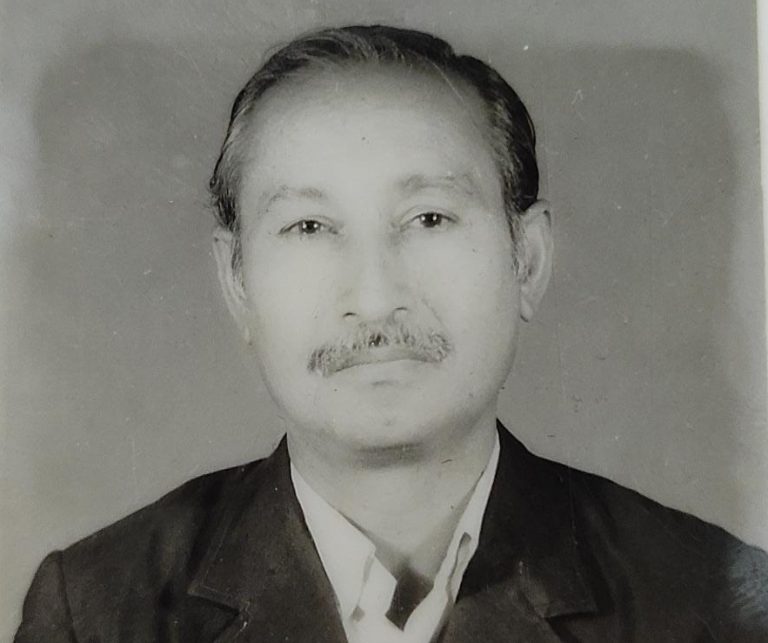
Certainly, Dr. Parso’s own dislocation from motherland Sindh was the reason that he devoted his entire life to the search of Sindhis in the desert of Kutch.
By Nasir Aijaz
“The saplings cannot grow to become a tree without the roots in the earth. So is the case with folk songs, which too sprout from the earth with aroma of soil – And, when I listened to a Sindhi song sung by some Rebari girls, ‘O Allah, Munhji Bakri Ker Duhi Wiyo’ (O’ Allah! Who milked my goat), a folk song of Rebari community of Kutch, I was sure, this song had its roots in the soil of Kutch and this community must be the shepherds, because these words one can utter from the core of heart when he experiences such incidents in the real life,” Dr. Parso Jessaram Gidwani, the man who found the indigenous Sindhis in Kutch, writes in his book ‘Sindhi Loak Geet’.
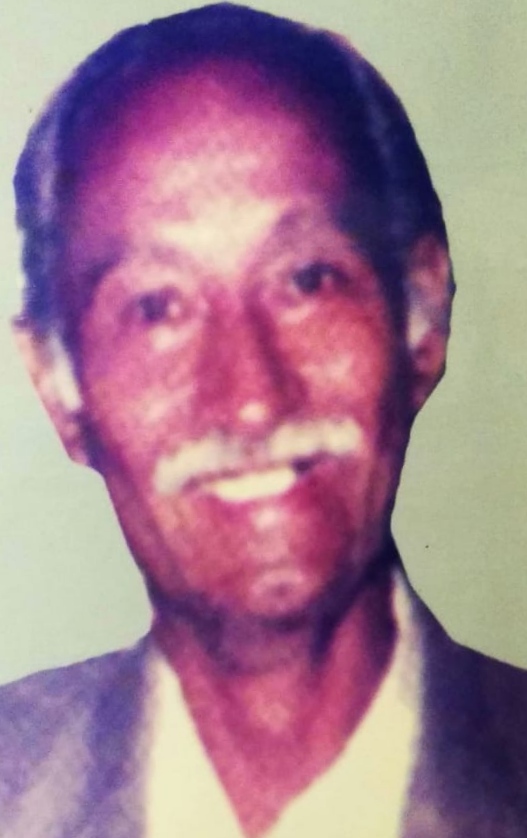
Born on August 13, 1937 in Dadu town of Sindh had extensively worked on discovering the original Sindhis in Kutch despite himself being uprooted from his motherland Sindh. Certainly, his own dislocation was the reason that he devoted most part of his life to the search of Sindhis in the desert of Kutch.
Dr. Parso was in primary class four when the partition took place and he had to abandon his ancestral abode along with parents to spend years in refugee camps in India. However he didn’t give up and besides working for livelihood, he continued studies. Dr. Parso did Masters in Hindi from Delhi University in 1962, and PhD in Hindi in 1966 from Sagar University. His thesis for the PhD was ‘A Comparative study of Hindi and Sindhi Sufi poets’.
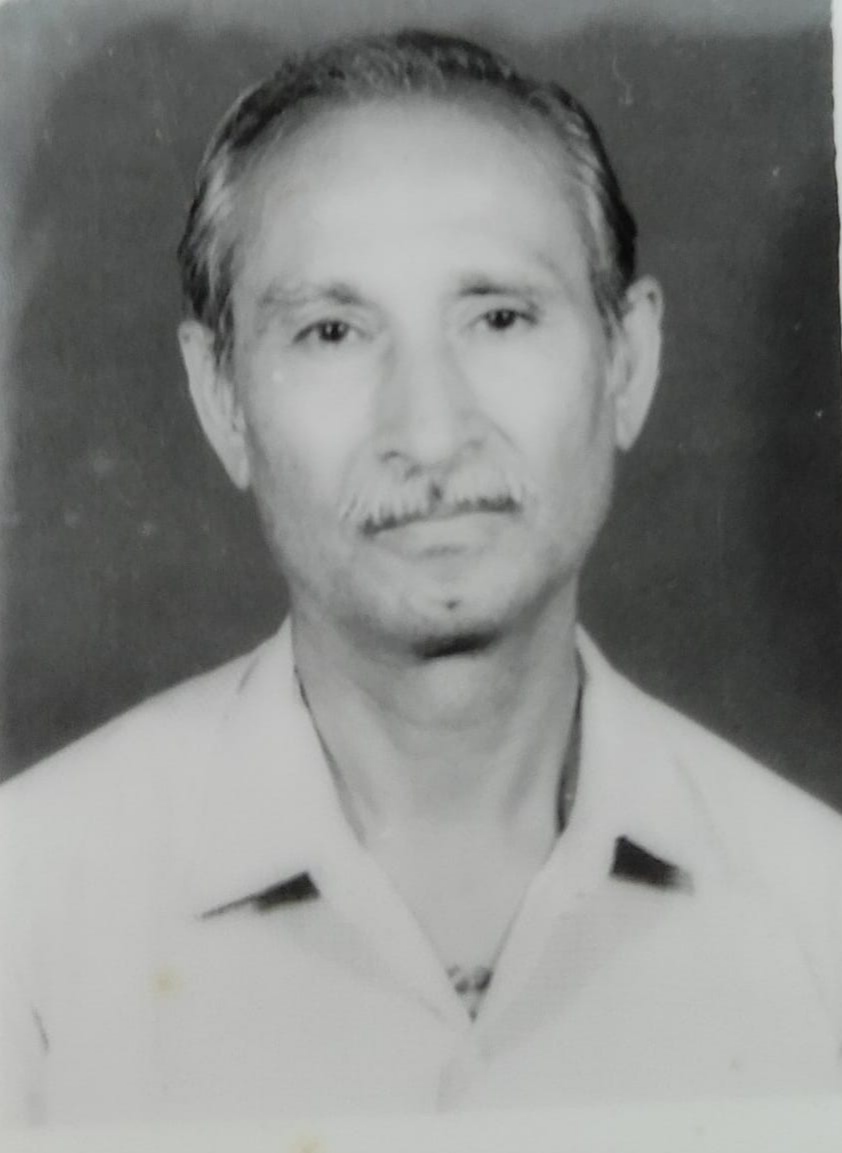
In 1971, he did Masters in Study of Languages from Pune University and served as lecturer at Deccan College of Pune from 1971 to 1986 and then as Research Assistant at Department of Sindhi Linguistics of Postgraduate Research Institute of the same college and served there till he retired in 1996.
Dr. Parso Jessaram Gidwani earned the name as renowned Ethnolinguistic and pioneer in the field of Ethnology and Linguistics related to the Sindhi world. During his research, he discovered Sindhi literature and dialects in India, so far hidden from the world. During his research, he had discovered Kolhis, Wadha, Meghwar, Sodha, Meerasi, Bheels and other communities who were original Sindhis and indigenous people of Kutch.
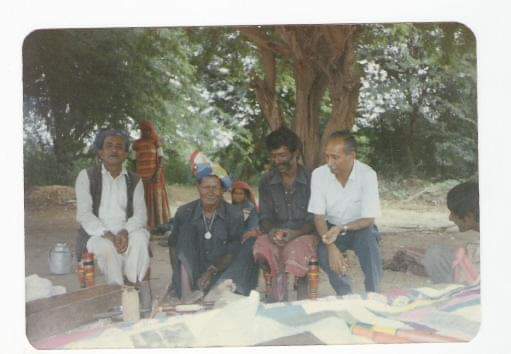
Since the 1980s he had been visiting Bhuj and other interior areas of Kutch in the hope of finding some Sindhis within the Indian borders; it was his firm belief that some Sindhis would be found close to the borders of Sindh and India. Intense field-visits to the interior arid regions of Kutch in harsh climatic conditions did bear fruit when he came across about 15 villages in Banni where the populace spoke Sindhi! These were non-immigrant Sindhis who claimed that their forefathers had lived in these parts ever since they can recall. These included Muslim as well as Hindu lower-caste Sindhis.
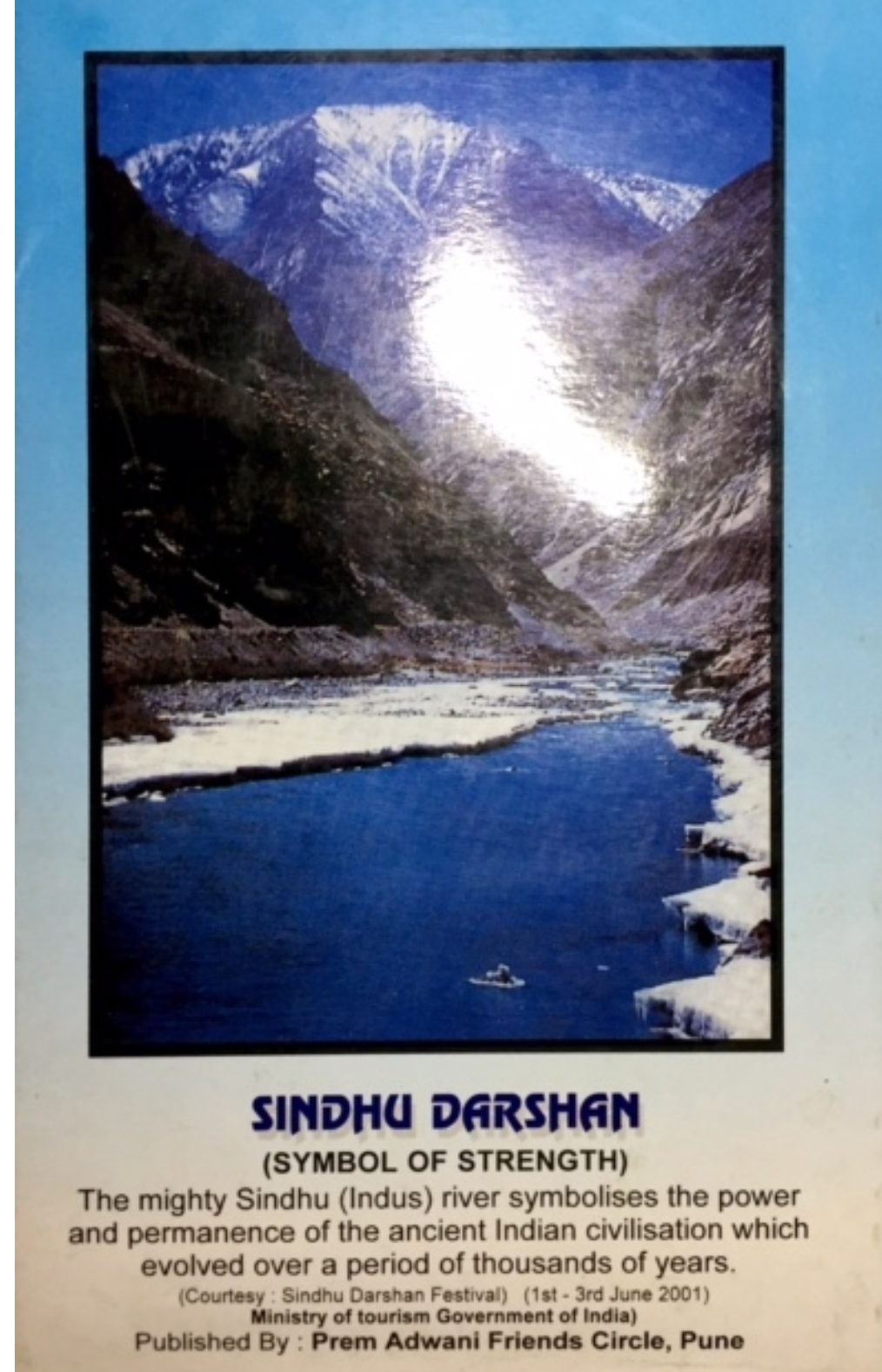
After retirement, he spent most of his time at Veradh Camp, Nirona in Kutch. Here he had met Sindhi Sodhas who had come from the Thar as refugees in 1971. He even built a small house here tugged by the desire to be close to his roots. He revived the government school there with the combined efforts of his wife, Pushpa. Children from the Sodha families and from the neighboring village of Soomras attended this school.
Dr. Parso Gidwani was aware of the ignorance regarding the culture of Sindh, in comparison to that of Punjab or Gujarat and thus he strived his entire life to give evidence of the diversity and the prolificacy of his native culture. Moreover, he highlighted the common strands of culture among Sindhi Hindus and Muslims, outcastes and higher castes.
Dr. Parso was author of books – ‘Shah Jo Shair’ – 1973; ‘Sindhi Ja Teeh Saal’ – 1979; ‘Sindhi Boli Ji Ziarat’ – 1989; ‘Geech/Gejh’ – 1990; ‘Gujharatoon’ – 1990 (co-author of Lalji Himthoji); ‘Sindhi Lok Virso’ – 1992; ‘Acho Ta Sindhi Sikhoon ‘ -1997 and ‘Sindhi Upbhashaun Ja Choond Lafz’ – 1999.
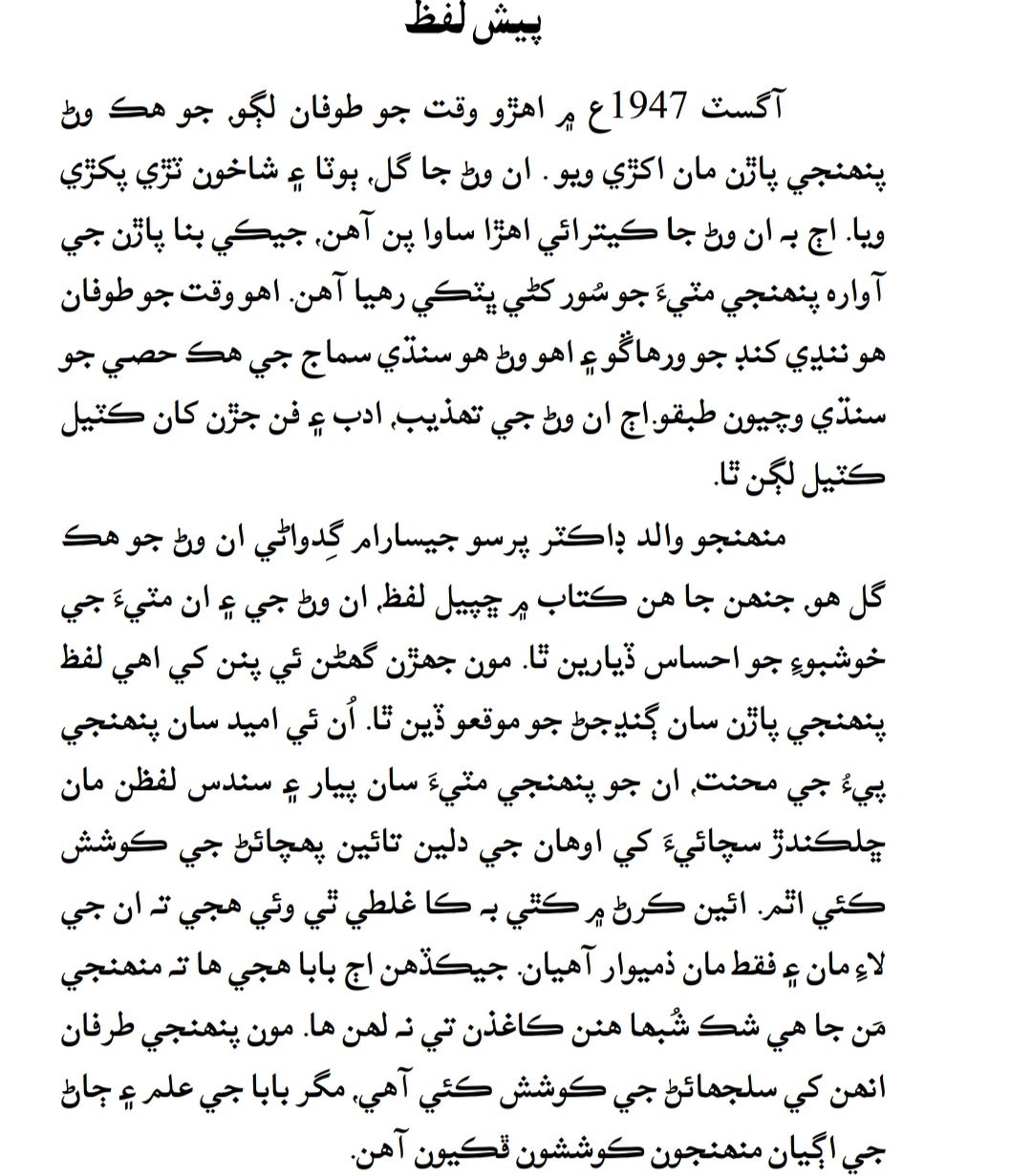
He also authored several research papers including ‘Let’s learn Sindhi’ – 1998; ‘Glimpses of Sindhi Language’ – 2003 and ‘Similarities in Sindhi and Dravidian Languages’ (Lecture) 1996.
Dr. Parso Jessaram Gidwani passed away on November 24, 2004.
The Parso Gidwani Center of Sindhi Studies was created in 2011 in memory of the Ethnologist Dr. Parso J. Gidwani being a pioneer in the field of ethnology and linguistics related to the Sindhi world. This research center is the result of Dr. Parso’s wish to display Sindhi culture, history and society to a large audience, mainly academic but also to all those interested in Sindhi studies.
Nowadays, Sindhi dialects are spoken in Sindh proper, as well as in other parts of Pakistan and India. For example, Jatki of the Jats in Banni, Kutch is a dialect of Sindhi. Sindhi is spoken in the diaspora through the networks built by Sindhi merchants over the centuries. In view of this, the main purposes of the research center are to circulate Parso Gidwani’s works; to connect scholars, students and those interested in Sindh related topics; to collect data related to Sindh, in the fields of visual arts, literature or other artifacts; to inform about academic events related to Sindhi studies; to launch research programs on topics related to Sindhi world, especially in the fields of literature, culture, society and history; to arrange academic conferences, meetings, workshops and talks and to publish academic works.
____________________
Source: All Sindhis Hope Association FB page, Indian Institute of Sindhology, Sindh Hypotheses and a book ‘Sindhi Loak Geet – Boli Ji Oasar’ authored by Dr. Parso Jessaram Gidwani.
Photo Courtesy: Rohitesh Gidwani (son of Dr. Parso Gidwani), Veena Shringi and Heena Agnani from India.